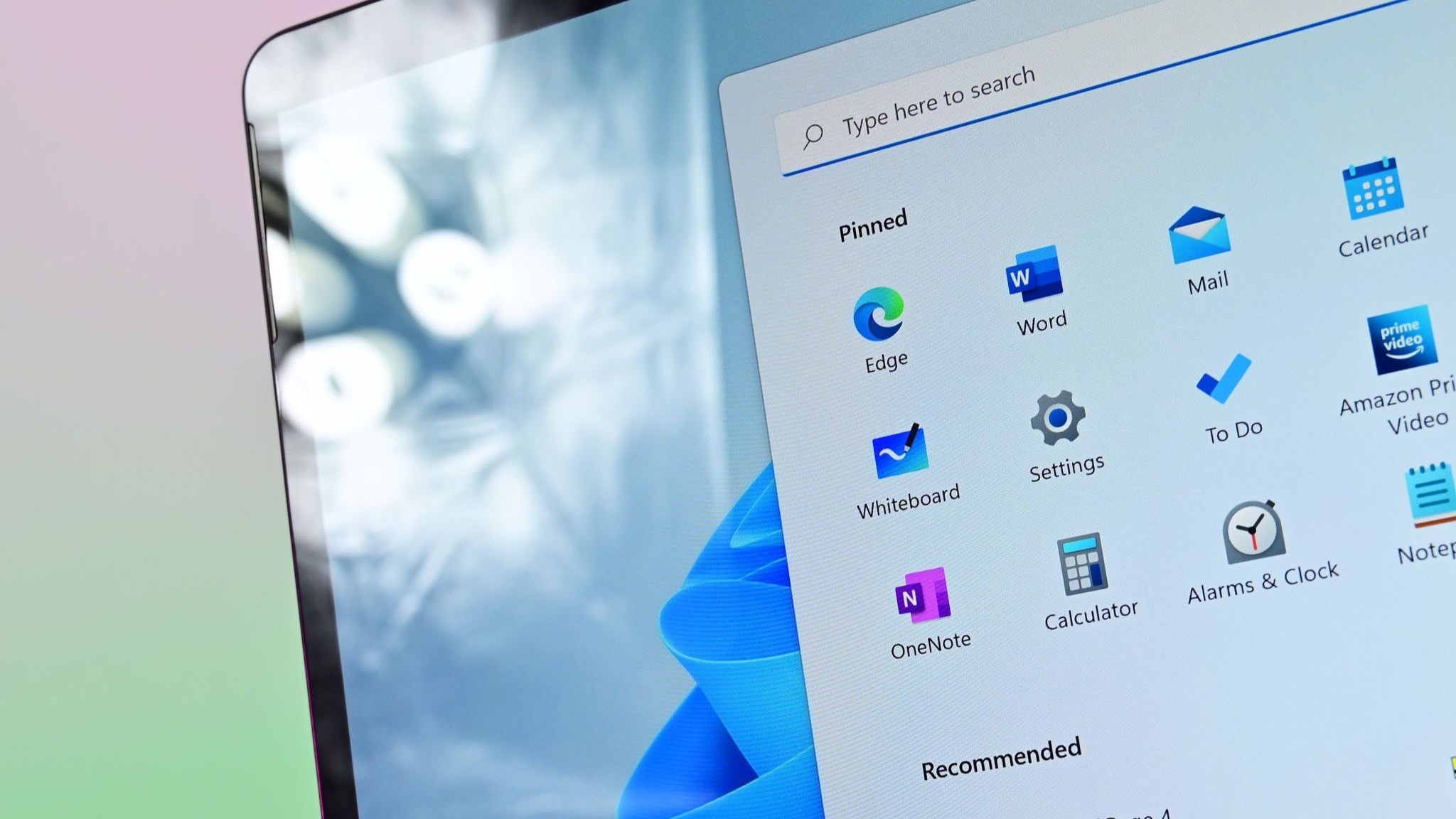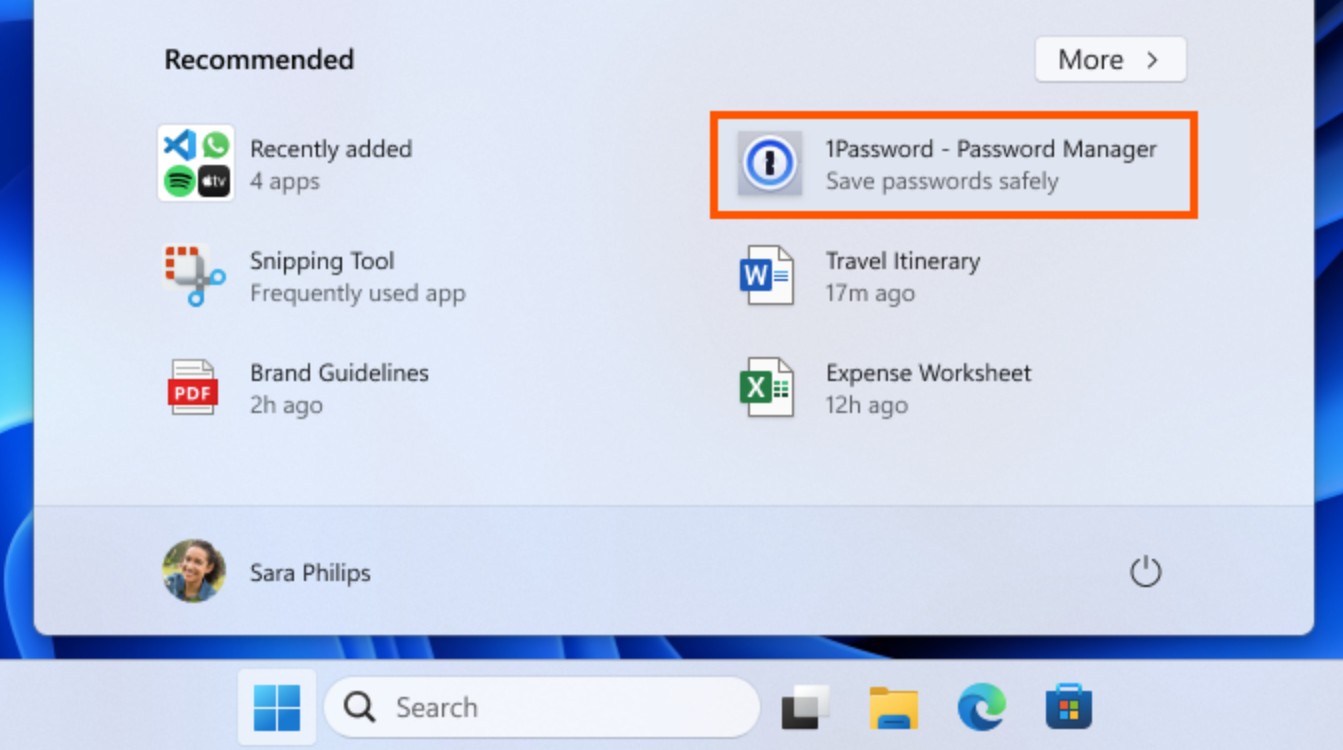Microsoft wants to run ads in your Start menu on Windows 11
Windows 11 Home and Pro users may soon begin seeing "recommended" apps and websites in the Start menu.

All the latest news, reviews, and guides for Windows and Xbox diehards.
You are now subscribed
Your newsletter sign-up was successful
What you need to know
- Microsoft has began testing showing ads in the Start menu's "Recommended" area on Windows 11.
- The ads will consist of "recommended" websites and apps, along with brief descriptions.
- This change will apply to Windows 11 Home and Pro, but users can turn it off.
In the last six months, Microsoft has ramped up how and where it tries to advertise apps and services to you. The company is already bringing more of MSN to the Windows 10 and Windows 11 lock screen, the Widgets panel is a glorified advertisement board, and the Settings app now wastes no time trying to get you to subscribe to Microsoft 365.
Now, Microsoft is looking to open up advertising in another area of the Windows Shell, specifically, the Windows 11 Start menu's "Recommended" area, which the company says will now showcase apps and websites it thinks you might be interested in trying out. This change is currently in preview testing, so it may not ship if enough users file feedback about it.
If it does ship, users will have the option to turn it off if they want. To do this, just head into Settings > Personalization > Start and turning off "Show recommendations for tips, app promotions, and more" will disable the ads from showing in the Start menu. This is how Microsoft announced the "feature:"
"We are now trying out recommendations to help you discover great apps from the Microsoft Store under Recommended on the Start menu. This will appear only for Windows Insiders in the Beta Channel in the U.S. and will not apply to commercial devices (devices managed by organizations). This can be turned off by going to Settings > Personalization > Start and turning off the toggle for “Show recommendations for tips, app promotions, and more.”
This change is just one of many recent ones designed to promote apps and services on top of Windows. Some users may find it useful to see recommended apps and websites in the Start menu, and app developers will definitely appreciate the extra opportunity to promote their app.
All the latest news, reviews, and guides for Windows and Xbox diehards.


